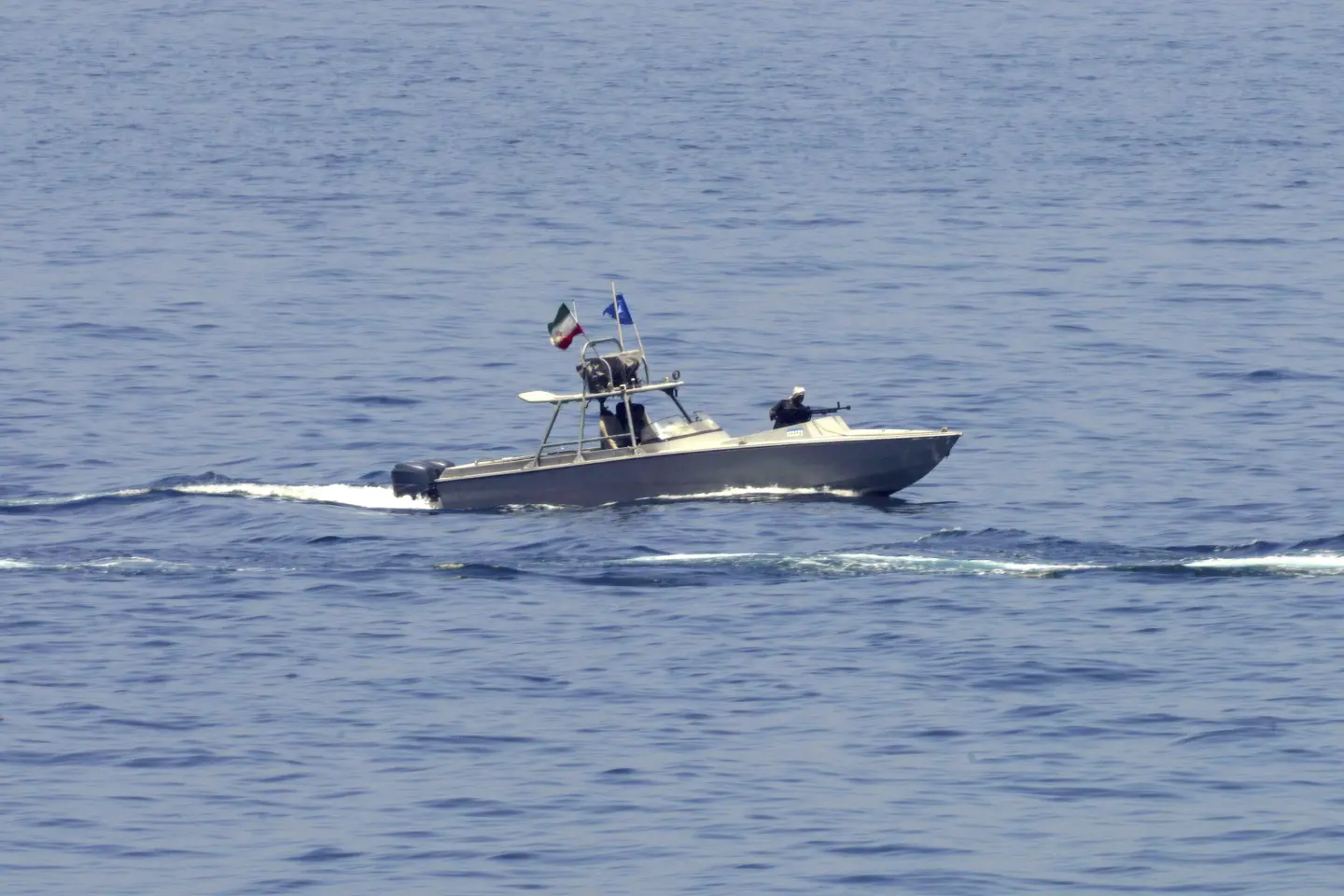In response to the US strike, Iranian parliament on Sunday decided closure of the strait of Hormuz, the water passage under control of Iran through which around 20% of the world’s oil-gas demand flows.
Analysts forecast a significant impact on global oil and liquified naturel gas (LNG) prices that may hurt the Bangladesh economy, already struggling to turn around.
JP Morgan has previously forecast that the crude oil price could rise as high as $130 if a sustained Middle East conflict closes the strait of Hormuz.
Brent Crude is expected to rise by $3-5 per barrel at the next opening, following a double digit rise to $73-$77 per barrel since June 13 when the Israel-Iran conflict started, according to the top global trading firms’ analysts.
“Hormuz closure will be bad news for the global economy, as well as for Bangladesh,” Md Moniruzzaman, a chartered financial analyst heading Prime Bank Securities, told TIMES of Bangladesh.
JP Morgan forecast that the US inflation might hit 5% due to Hormuz closure that would put upward pressure on interest rates, and a weaker US consumption is bad news for Bangladesh.
“However, the world can not afford crude oil above $100 per barrel for long and nations are more likely to act together on the diplomatic front to ease the tension at some point,” he said. “There remains the only hope.”
Not only oil, LNG supply shock also might worsen the gas crisis in Bangladesh meaning further disruption in industrial production.


